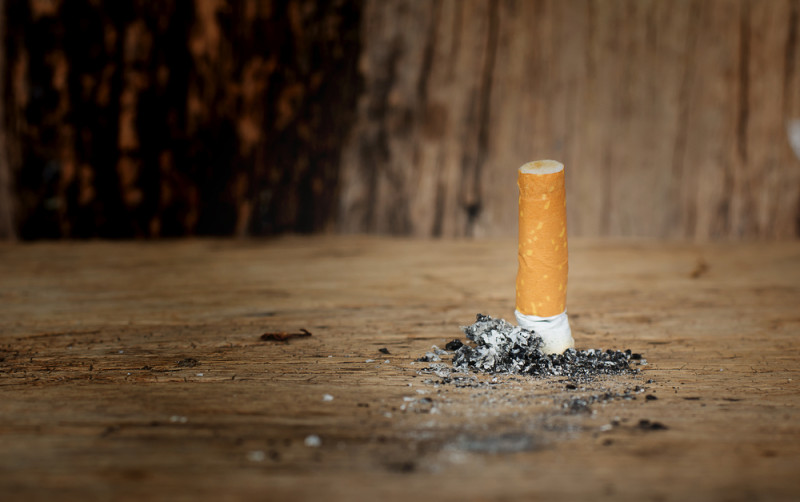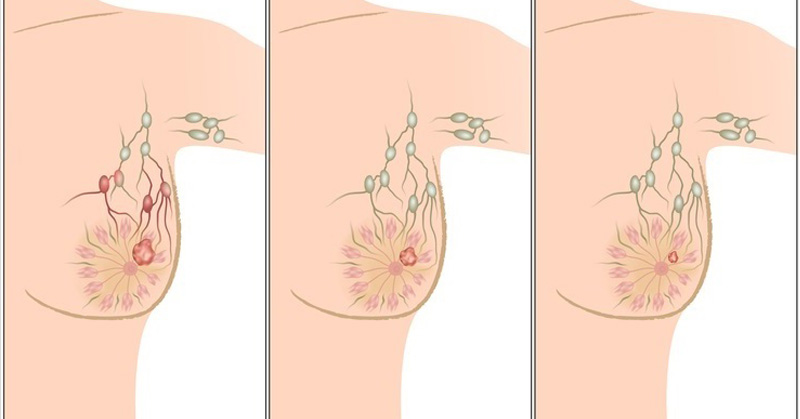Cancer can start almost anywhere in the human body, with some forming tumors or spreading to nearby tissues. With over 200 known types of cancer, possible treatments are being researched every day to find much-needed cures. While the exact cause of most cancers is unknown, a new study published in the journal JAMA Oncology highlights a different idea — a greater focus on prevention.
The study shows how small lifestyle changes could reduce a person’s risk of getting several types of cancer. Two researchers from Harvard T.H. Chan School of Public Health in Boston have outlined four choices that could dramatically reduce the number of cancer-related deaths.
In the study, cancers classified as carcinomas, which include all cancers except for skin, brain, lymphatic, hematologic and nonfatal prostate variants, were considered and compared to many health-based lifestyle choices that people make. Researchers scoured through studies linking health behaviors and cancer rates, and studied data from the National Cancer Institute’s Surveillance, Epidemiology and End Results Program. Gender and type of cancer was considered, as well as lifestyle.
According to the study, here are the four lifestyle changes that could cut your cancer risk in half:
1. Avoid Smoking
Smoking has been found to harm nearly every bodily organ and organ system in the body, diminishing a person’s overall health. It’s also the leading cause of cancer and death from cancer, causing cancers of the lung, esophagus, larynx, mouth, throat, kidney, bladder, liver, pancreas, stomach, cervix, colon and rectum, as well as acute myeloid leukemia.
2. Reduce Alcohol Intake
Drinking can cause a variety of health problems, cancer included. Alcohol is a known cause of cancers of the mouth, throat, voice box, esophagus, liver, colon, rectum and breast. Heavy alcohol use may also increase the risk of pancreatic cancer. The risk increases with the amount of alcohol consumed.
3. Maintain a Healthy Weight
Being overweight or obese can lead to numerous health complications. Obesity is also associated with an increased risk of multiple cancers, including cancers of the esophagus, pancreas, colon, rectum, breast, uterus, kidney, thyroid and gallbladder.
4. Exercise
Research has shown that not being active is a key factor that can increase a person’s cancer risk. Being physically active on a regular basis can help reduce your cancer risk by helping you stay at a healthy weight.
Nearly 136,000 men and women participated in the study. They were said to have a healthy lifestyle pattern if they hadn’t smoked for at least five years, had moderate-to-no alcohol consumption (no more that one drink per day for women and no more than two drinks per day for men), a body mass index between 18.5 and 27.5, and weekly aerobic physical activity of at least 150 moderate-intensity minutes.
The participants were labeled “high risk” or “low risk,” and the researchers determined the difference in risk for each type of cancer. The biggest difference in risk — getting lung cancer was up to 82% greater in the high-risk groups. Overall, researchers found that a healthy lifestyle could cut the number of cancer deaths in the U.S. by up to 59% for women and 67% for men.
Bonus: Eat Healthy
Eating the right foods can have a massive impact on your health, in both directions.
Processed meats like bacon increase your risk of cancer by an alarming amount, as does meat cooked at high temperatures. Excessive microwave use also increases your risk of developing certain types of cancer.
The good news is that there are also foods which can prevent your risk of developing tumors. These include garlic, broccoli and tomatoes, according to WebMD.
Around 600,000 Americans will die from cancer-related deaths this year, and more than 1.6 million will receive a new cancer diagnosis. Graham Colditz, the Harvard T.H. Chan School adjunct professor of epidemiology, said, “Cancer is preventable. In fact, most cancer is preventable — with estimates as high as 80-90% for smoking-related cancers.” Colditz also urged the public to adhere to the study’s results, saying, “Our challenge now is to act on this knowledge. We have a history of long delays from discovery to translating knowledge into practice.”
Sources:
http://www.iflscience.com/health-and-medicine/these-four-things-could-reduce-your-risk-getting-cancer-70-percent
http://oncology.jamanetwork.com/article.aspx?articleid=2522366
http://www.cancer.gov/about-cancer/causes-prevention/risk/tobacco/cessation-fact-sheet
http://www.cancer.org/cancer/cancercauses/dietandphysicalactivity/alcohol-use-and-cancer
http://www.cancer.gov/about-cancer/causes-prevention/risk/obesity/obesity-fact-sheet
http://www.cancer.org/cancer/cancercauses/dietandphysicalactivity/diet-and-physical-activity
http://oncology.jamanetwork.com/article.aspx?articleid=2522371
http://www.webmd.com/cancer/features/seven-easy-to-find-foods-that-may-help-fight-cancer


